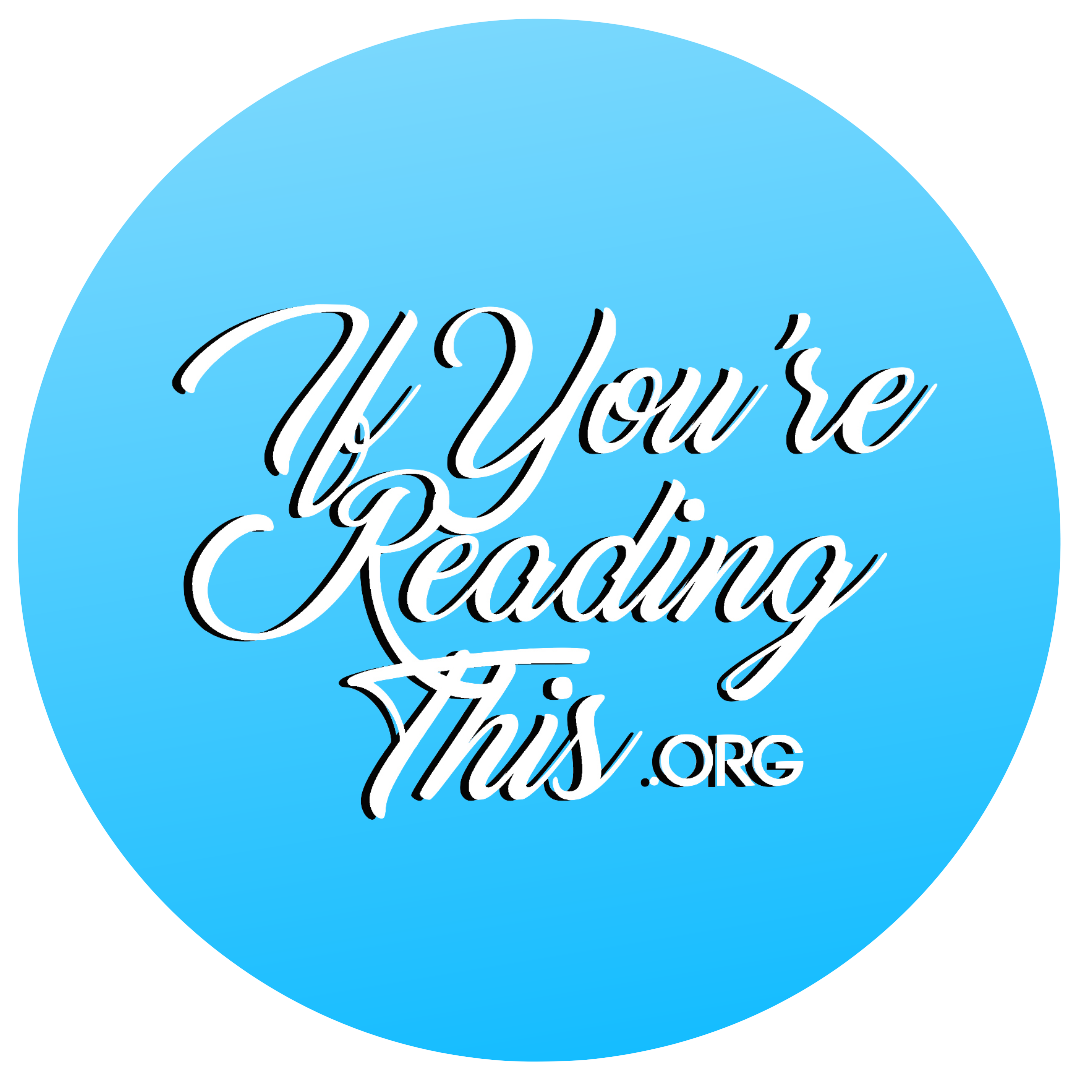If you’re reading this, you cannot hate yourself in a version of yourself that you can love. Going to bed hungry. Squeezing my stomach in the mirror. Counting calories. Counting so little calories. Butter isn’t butter, it’s 102 calories that you must burn off. Pouring oats from the bowl so it weighs exactly 40 grams. Anxiety when I ate out. Anxiety when I ate at all. Closing my eyes on the scale. Struggling to get up off the bathroom floor. Tears. Tears. Tears that soaked a face of someone I no longer recognized.
It’s difficult to pinpoint exactly when my relationship with my body began to deteriorate. As a competitive runner, I had always felt the pressure to look a certain way. When I pressed my toe against the start line, my mind wasn’t on the race. It was fixated on the physiques of my competitors. If I wasn’t as thin as the girl next to me, the race was over. I had already accepted defeat. The image I had of myself wasn’t me. It was who I thought I should be.
Body dysmorphia, an eating disorder, low self-esteem. Call it whatever you want. The title you give it doesn’t matter because it is ultimately a mental illness. And it was only when I accepted this to be true that I started to experience change. These labels normalized my condition for too long. So many people I knew openly engaged in some form of disordered eating and it made me feel as if purging and restriction were healthy and common. I thought to myself, “Well, if everyone else is unhappy with themselves, I suppose it’s okay for me to feel the same way.” That was nothing but a lie that my mind repeated to keep me locked into unhealthy habits and a dwindling state of happiness.
For those who have struggled with eating disorders, I truly don’t believe that the voice in our head ever disappears. As cynical as it may sound, I’m learning to live with that voice by simply choosing not to listen. Our path to recovery begins by silencing its invasive whispers. It is that simple, though “simple” does not mean “easy.” Push-ups are simple, but that certainly doesn’t mean they’re easy. The more you do them, the easier they become, until one day you can do 25 push-ups, then 50…100. That little voice in your head that tells you the body you have is and never will be good enough needs some push-up training. As you continue to actively choose to not listen, that habit becomes easier with each passing day. Of course, there will be moments when those push-ups aren’t as easy as they were last week. Maybe you’re sore. Maybe you’re tired. So, you rest. “Resting” in terms of my recovery has been vulnerable, transparent communication. Talking to those that I trust and love has given me strength I cannot muster on my own when the road to self-love and acceptance gets a little bumpy. I encourage you to embrace those bumps and seek out support from someone other than yourself.
I’m still recovering from my past. I believe I always will be. But I’m okay with that, and you should be too. I spent years of my life thinking this journey had a destination, like I would wake up one day and never have to wrestle with those thoughts ever again. That is not the truth. And I’m writing this to be honest with you. You will have a day where you don’t feel as confident in yourself as you did yesterday. I’ve had plenty of yesterdays and tomorrows where my self- esteem felt indestructible, and yet I’ve had just as many low days that fall in between. My roommate, best friend, and one of my greatest supporters through this experience once told me a beautiful phrase that I continue to repeat to myself on those days. She said, “The body that carried you through victory is the same body carrying you through defeat. You must love it regardless.” You and I will inevitably have wins and losses in our mental health and our pursuit towards self-love. Through it all, we must be gentle and kind to ourselves, because the body that you have now is the same body that you started this journey with.
I tried for many years to hate myself into a version of myself that I believed I could love. It's impossible. Love yourself for who you’ve been, for who you will become, and, most importantly, for who you are right now. Whether you’re overcoming an eating disorder or simply learning to love your body, this is an incredibly brave step towards the betterment of your mental health. Stop listening to that voice and take pride in the strength it takes to ignore its remarks. Even if you think you’re alone in this pursuit, you’re not. I am proud of you. Let’s start loving ourselves into versions of you and me that are beautiful for reasons far and beyond the reflection.
McKenna T., Georgia Tech ‘25
AUTHOR CONTACT
This author has opted to allow readers who resonate with their story to contact them. If you would like to speak to the author of this letter about their experience, please use the form below.



